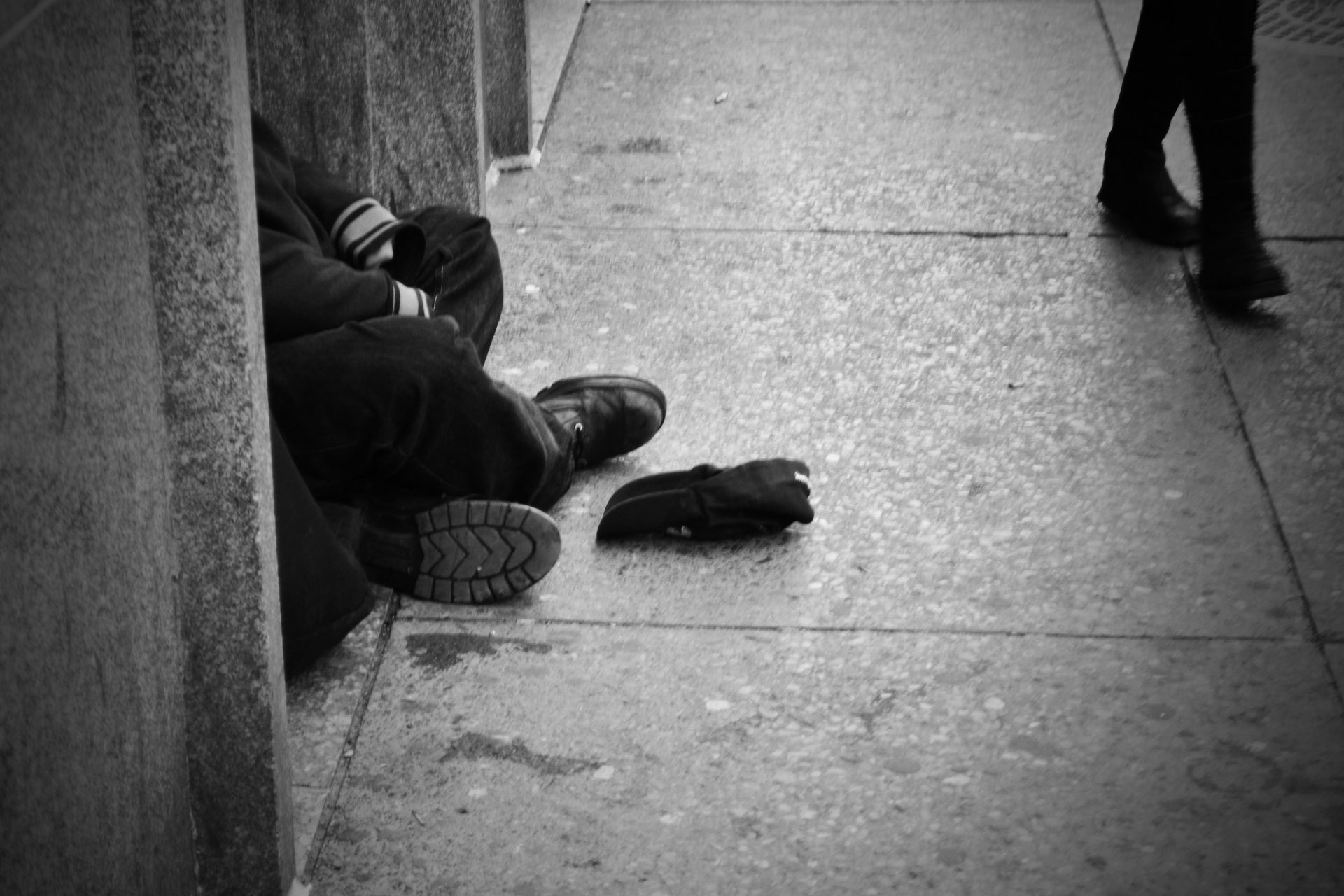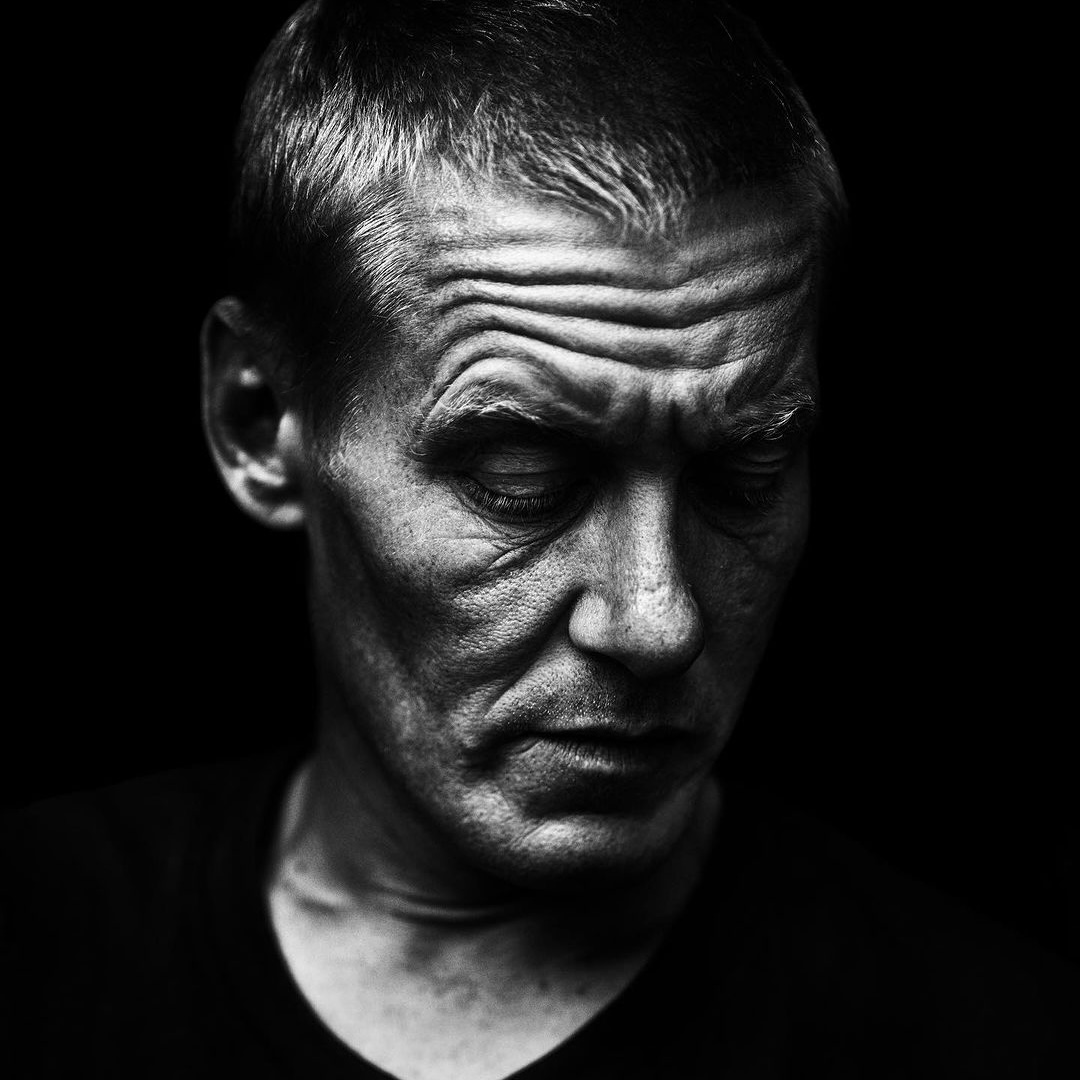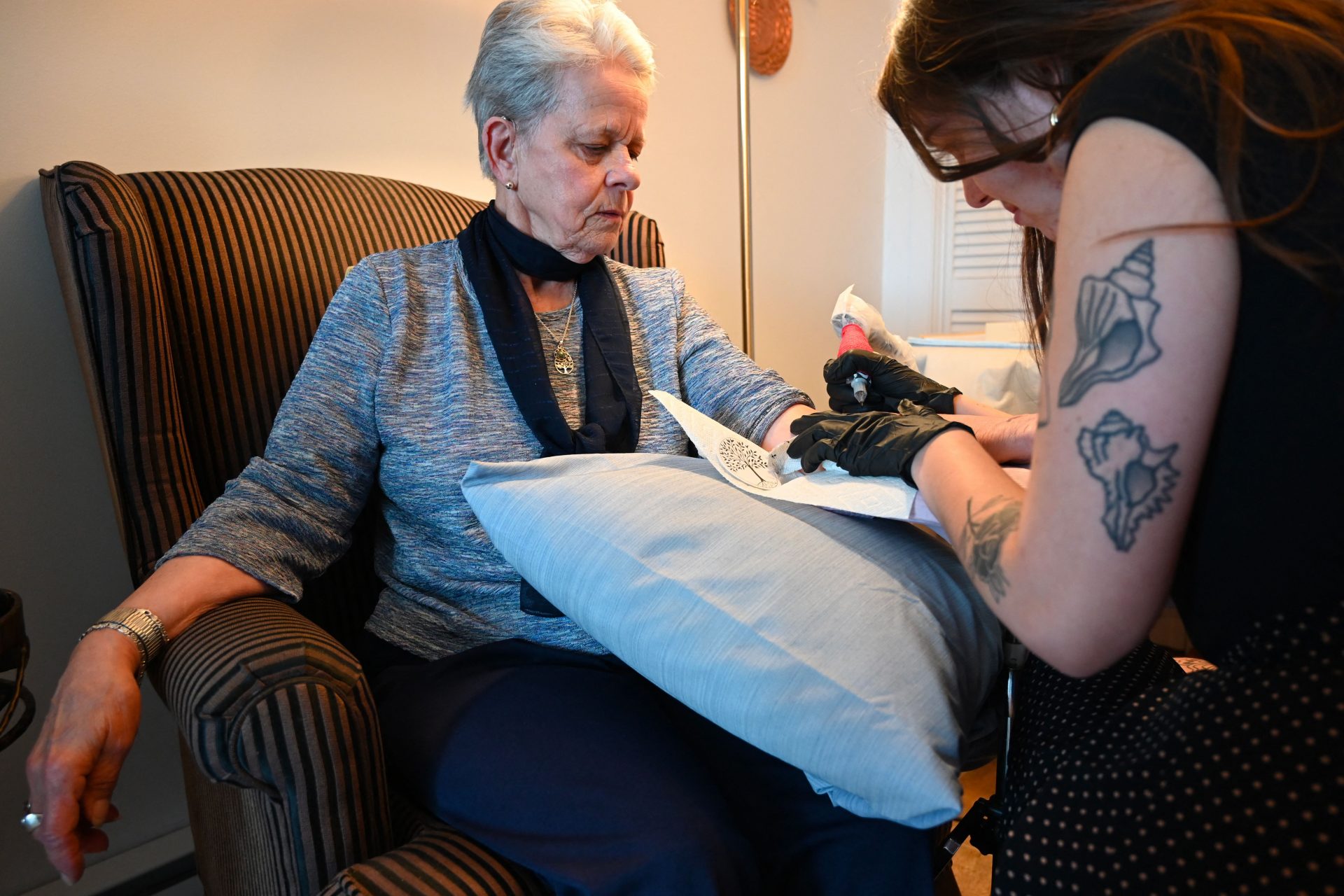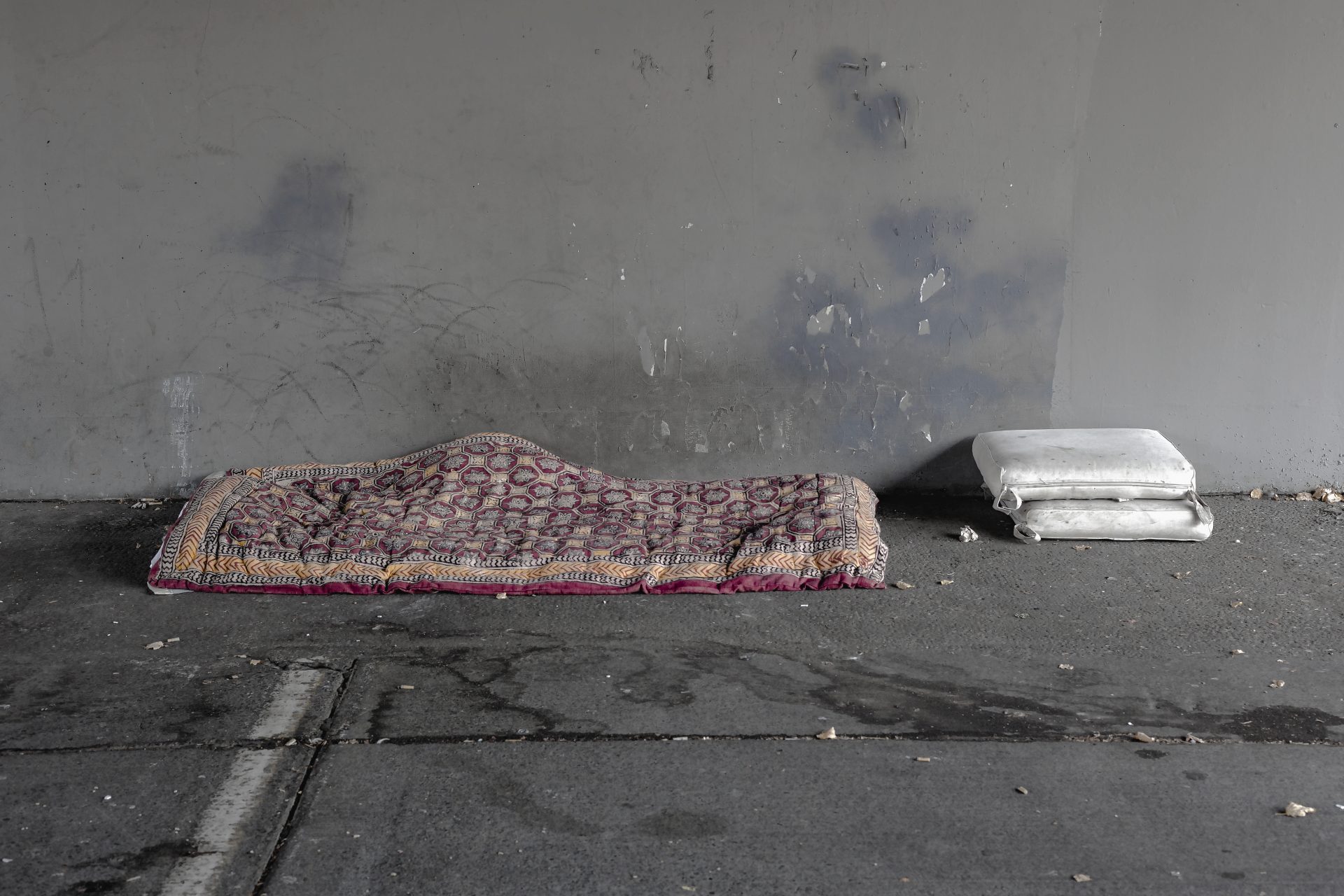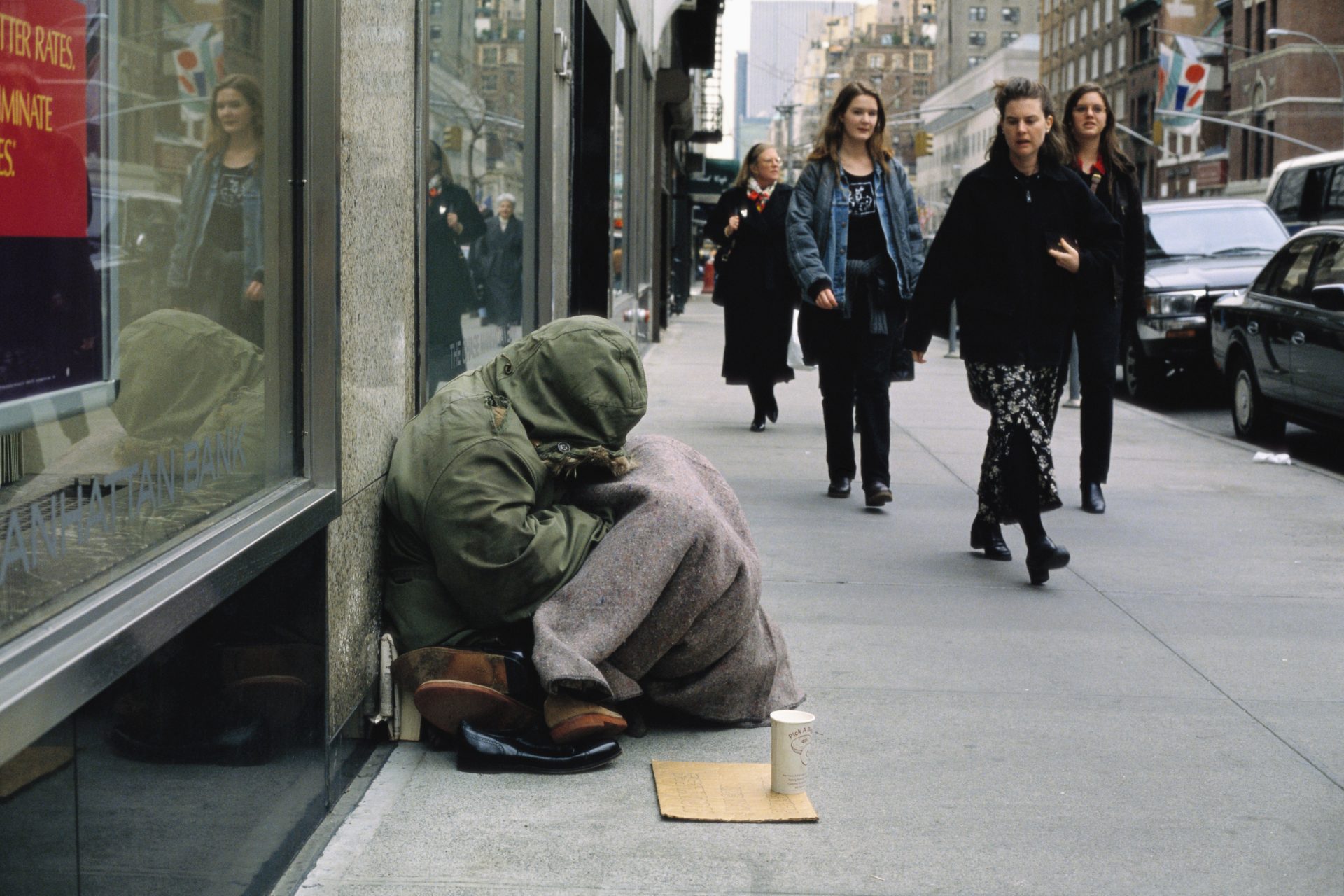The troubling truth about Canada's medical assistance in dying laws
A new book has revealed the problem of revealed the problems that the homeless in Canada face as well as the reality of the country's medical assistance in dying policies. Here's what you should know.
Tyler Dunlop was once a man fighting through the world that life has to offer. Homeless, hungry, and unable to face the harsh reality of his life, Dunlop chose to apply for medical assistance in dying (MAID).
Photo Credit: Instagram @leah_denbok
If you've never heard about Canada's medical assistance in dying policies then some explanation is in order. According to the Government of Canada, MAID is a process that allows an eligible person to seek medical assistance in ending their life.
Dunlop originally shared the story of why he sought out medical assistance in dying with Orillia Matters in January 2023, which is how author Tim den Bok picked up Dunlop's saga and turned it into a book according to the National Post.
Dunlop's story is a difficult one to read and one that is filled with twists and turns. It also shared the reality of homelessness in Canada and how easy it is to fall into and get out of when there is little help from others.
“The worst feeling is social isolation. People don't talk to you. They avoid you. They think you want something,” Dunlop told OrilliaMatters. “When I read about medically assisted dying I thought, well, logistically, I really don't have a future.”
Dunlop ultimately never followed through on his desire to end his own life and his story has become a beacon of hope for those in similarly troubling situations. However, previous polling has found that Canadians are surprisingly okay with the homeless seeking medical assistance in dying.
One-third of people in Canada said were okay with prescribing medical assistance in dying (MAID) to the country's homeless according to a Research Co. poll examining how comfortable Canadians are with its burgeoning euthanasia laws.
Research Co. surveyed 1000 Canadians on May 5th and found that a staggering 28% of respondents said that medical assistance in dying guidelines should be extended to the homeless while 50% said those who are disabled should be allowed access to the program.
"Canadians are split when pondering if mental illness should be a justification for an adult to seek medical assistance in dying: 43% support this idea, while 45% are opposed. The federal government has delayed a final decision for eligibility related to mental illness until March 2024," Research Co.'s Mario Canseco wrote in a blog post from the self-described public opinion forum.
The poll results from Research Co. came just months after retired Army Corporal Christine Gauthier shocked the nation with her claims that she was offered medical assistance in dying after she asked for a wheelchair lift to be installed in her home.
Gauthier, who competed at the 2016 Rio de Janeiro Paralympics, testified in Parliament on December 1st 2022 that an unnamed Veteran Affairs case worker had offered in writing to provide her with the equipment needed to perform her own euthanasia.
“I have a letter saying that if you’re so desperate, madam, we can offer you MAID, medical assistance in dying,” Gauthier, told a House of Commons Veterans Affairs Committee.
Testifying in her native French, Gauthier had written Prime Minister Justin Trudeau to express her concern over the incident. “I sent a letter to Prime Minister Trudeau and that they [Veterans Affairs] offered me MAID and would supply equipment,” Gauthier said.
On December 2nd, Trudeau called the incident “absolutely unacceptable” and went into greater detail about how his government to address the situation.
“We are following up with investigations and we are changing protocols to ensure what should seem obvious to all of us,” Trudeau said.
“It is not the place of Veterans Affairs Canada, who are supposed to be there to support those people who stepped up to serve their country, to offer them medical assistance in dying,” Trudeau continued.
Assistance in seeking a medical death has been legal in Canada since 2016 for terminally ill patients but in 2022 the law was expanded to include a large subset of Canada’s sick and dying population.
People with debilitating disabilities or those suffering from tremendous pain were added to the list of eligible patients and Canada plans to allow citizens with mental disorders to be added later, likely in March of 2024.
In order to be considered for euthanasia in Canada you must provide a signed written request stating your intention to seek a medically assisted death, some provinces even have a specific request form.
There have been at least four other instances of medically assisted death being offered to veterans according to Lawrence MacAulay, Canada’s Minister of Veterans Affairs.
"If any of the veterans in question are watching or listening right now, I am sorry," MacAulay said during the committee meeting, “I am sorry you had to endure these appalling interactions and we are doing everything we can to ensure this never happens again."
Luckily, it would seem that all four incidents were only related to one employee at Veterans Affairs Canada and the problem is not a systemic issue.
"We expect all Veterans Affairs Canada employees to interact with veterans with care, compassion and respect, and the actions of this one employee is simply disgusting," MacAulay added.
But while this incident may seem contained to one employee, it has left many Canadians wondering if their pioneering of government-sanctioned medically assisted suicide has gone too far.
More for you
Top Stories



